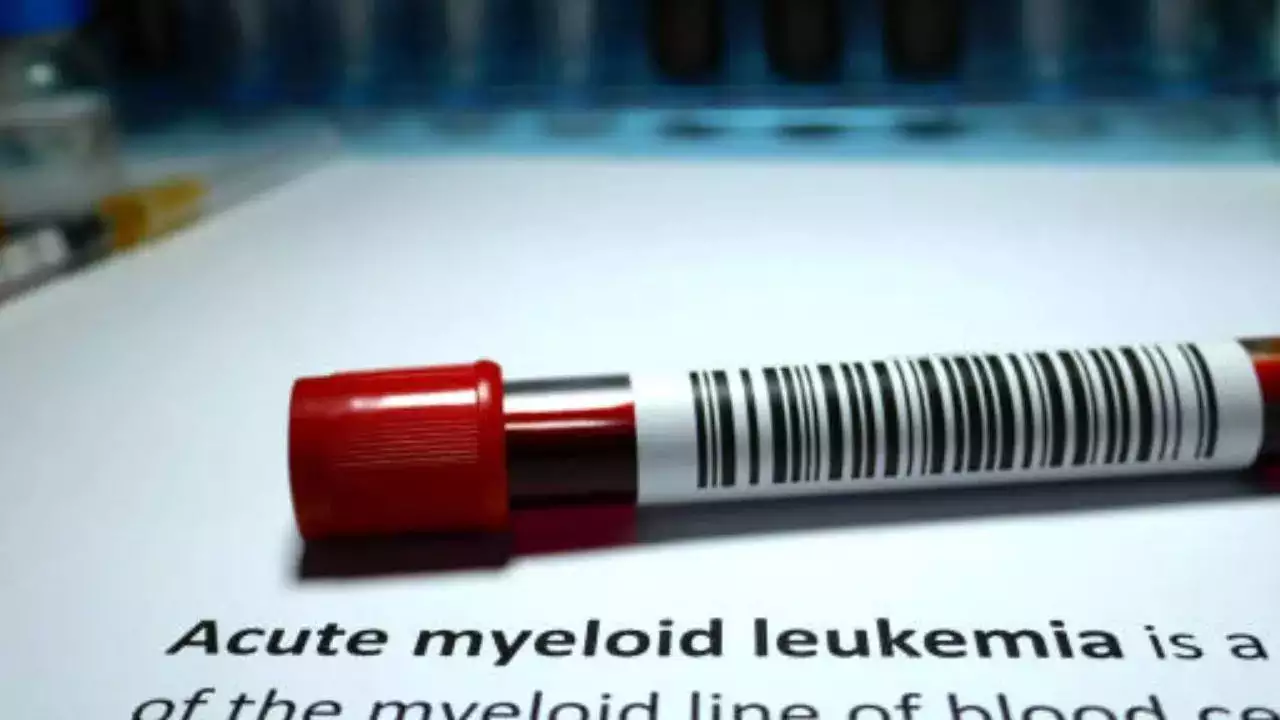
Acute myeloid leukemia or AML is a rare cancer that affects your bone marrow and blood
An overworked doctor—a gynecologist who spent hours bending over during operations when started having back pains thought it was normal. Dr. Ellissa Baskind, however, sought help when the pain became unbearable and kept her eve from dancing at her office Christmas party. Soon, she was diagnosed with blood cancer.
“Even as a doctor, you don’t think of the worst things. I was getting pain in my shoulder blades, which was keeping me up at night. I genuinely thought it was related to my work. I never once thought it was something sinister,” the 46-year-old mom of two told The Sun.
Ellissa was diagnosed with acute myeloid leukemia
Ellissa had initially gotten an x-ray done for her back issues, which came back clear. But there were grave abnormalities in her blood tests, which led the doctors to investigate further.
She was then diagnosed with acute myeloid leukemia - a rare and aggressive blood cancer. “I felt completely well, except for the back pain. I was working more than full-time and thought, ‘How long until I can get back to normal life? It never crossed my mind that it would be anything more serious than chemotherapy. I think I was a bit naïve,” she said.
Leukemia led to another rare tumour
She had to undergo a stem cell transplant as part of treatment after the first round of chemotherapy failed. “It was strange going from being a doctor working in the hospital to a patient living in it,” Ellissa said.
However, after more than a year, Ellissa discovered a lump in her breast, which was later diagnosed as myeloid sarcoma, a rare tumour linked to her leukemia. She then underwent a second transplant, followed by two more rounds of chemotherapy. However, this time it was successful, and Ellissa then recovered.
What is acute myeloid leukemia?
Acute myeloid leukemia or AML is a rare cancer that affects your bone marrow and blood. Doctors say the condition happens when certain genes or chromosomes begin to mutate and change.
AML affects people aged 60 years and older, but it can also affect younger adults and children. Acute myeloid leukemia is an aggressive cancer that can be life-threatening.
What are the signs and symptoms of acute myeloid leukemia?
In the initial stages, doctors say the symptoms of AML feel like those of a cold or flu that doesn’t go away. Since AML is aggressive, it quickly develops new and more noticeable symptoms, which include:
- Dizziness
- Easy bruising
- Fatigue and extreme tiredness
- Fever
- Night sweats
- Frequent infections or infections that don’t go away
- Headaches
- Loss of appetite
- Unexplained weight loss
- Pale skin
- Breathlessness
- Weakness
- Bone, back, or abdominal pain
- Tiny red spots on your skin
- Wounds or sores that don’t go away
What causes AML?
Even though doctors are not sure what causes acute myeloid leukemia, they do believe that it happens when certain genes or chromosomes mutate, creating abnormal blood cells. These genetic changes may happen:
- During your lifetime, when something changes your DNA
- If you inherited a genetic disorder that increases your risk of developing AML
- If there was a change in certain genes in your biological parent's sperm or egg
Get Latest News Live on Times Now along with Breaking News and Top Headlines from Health and around the world.
